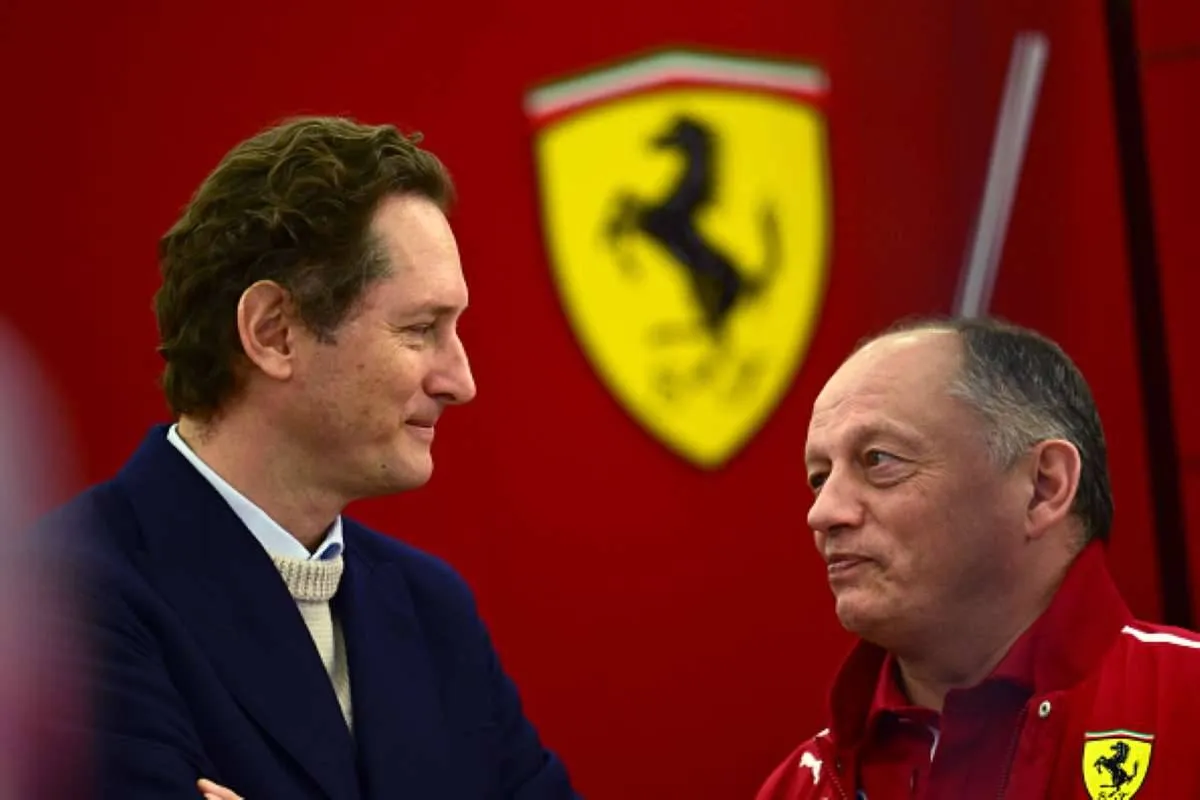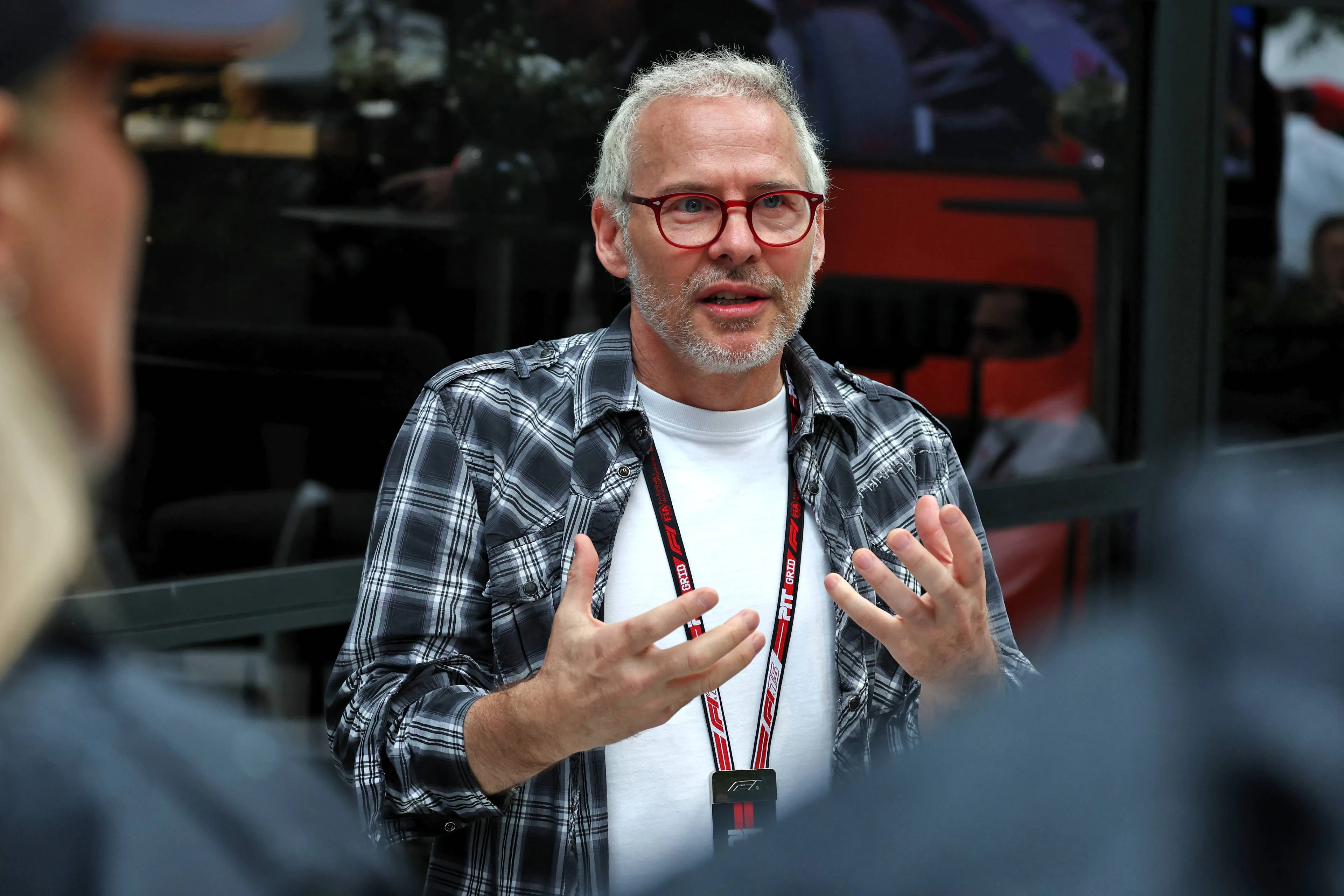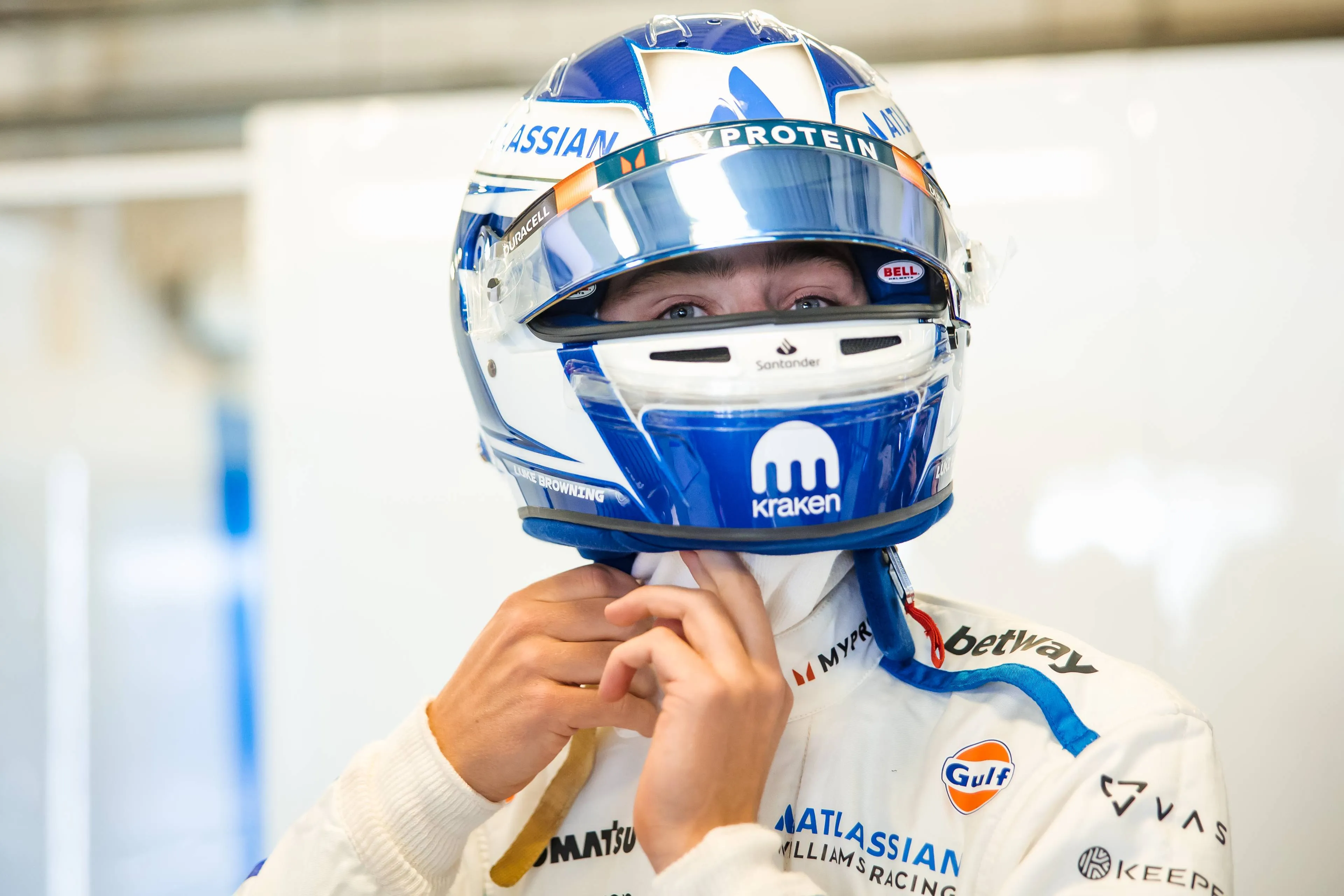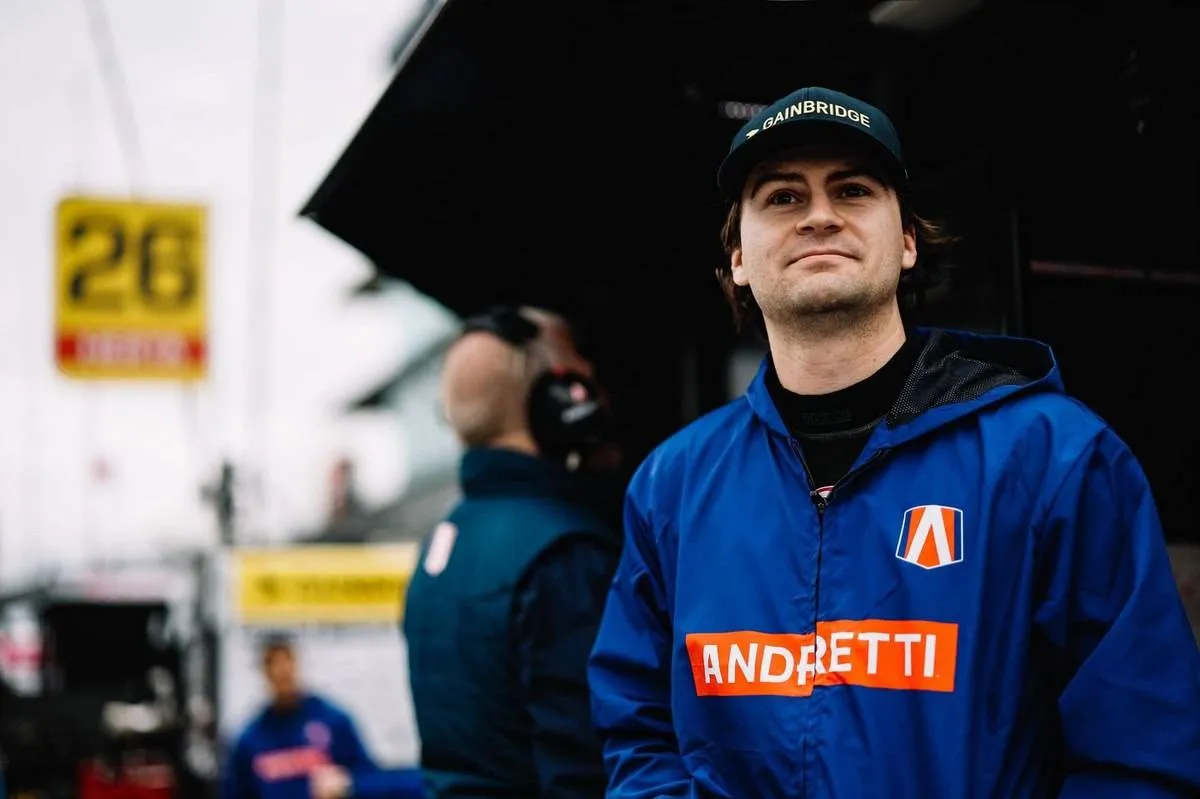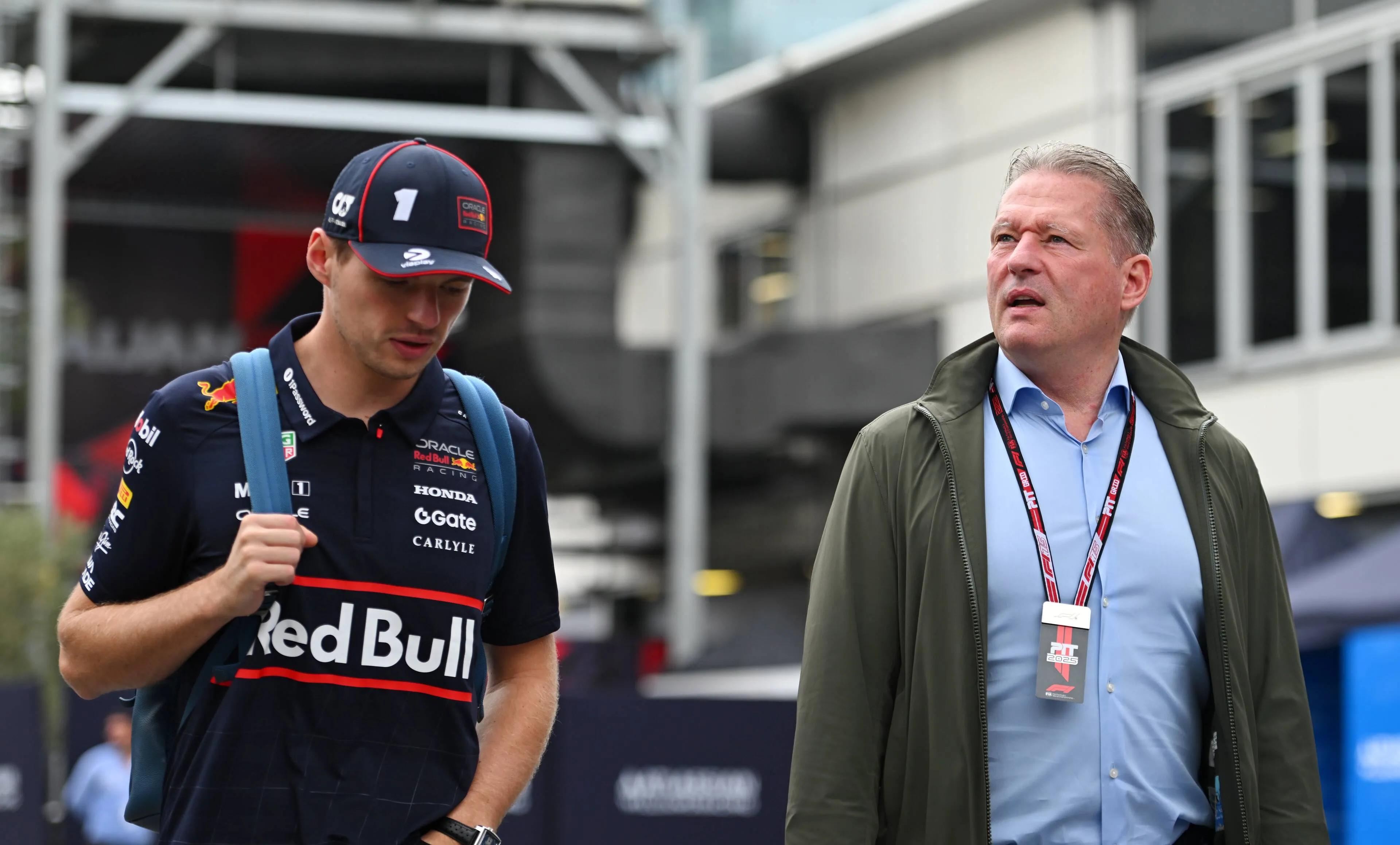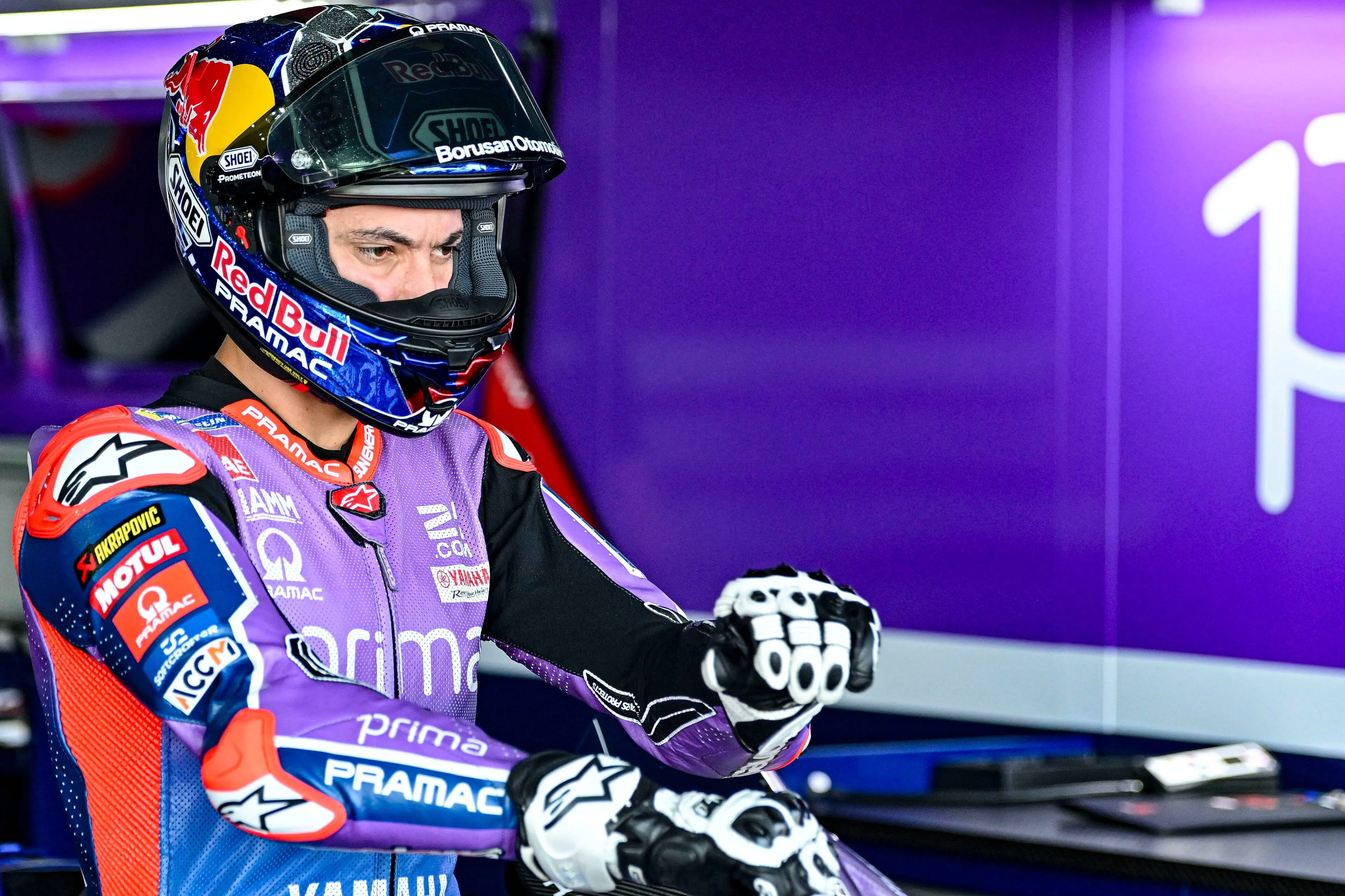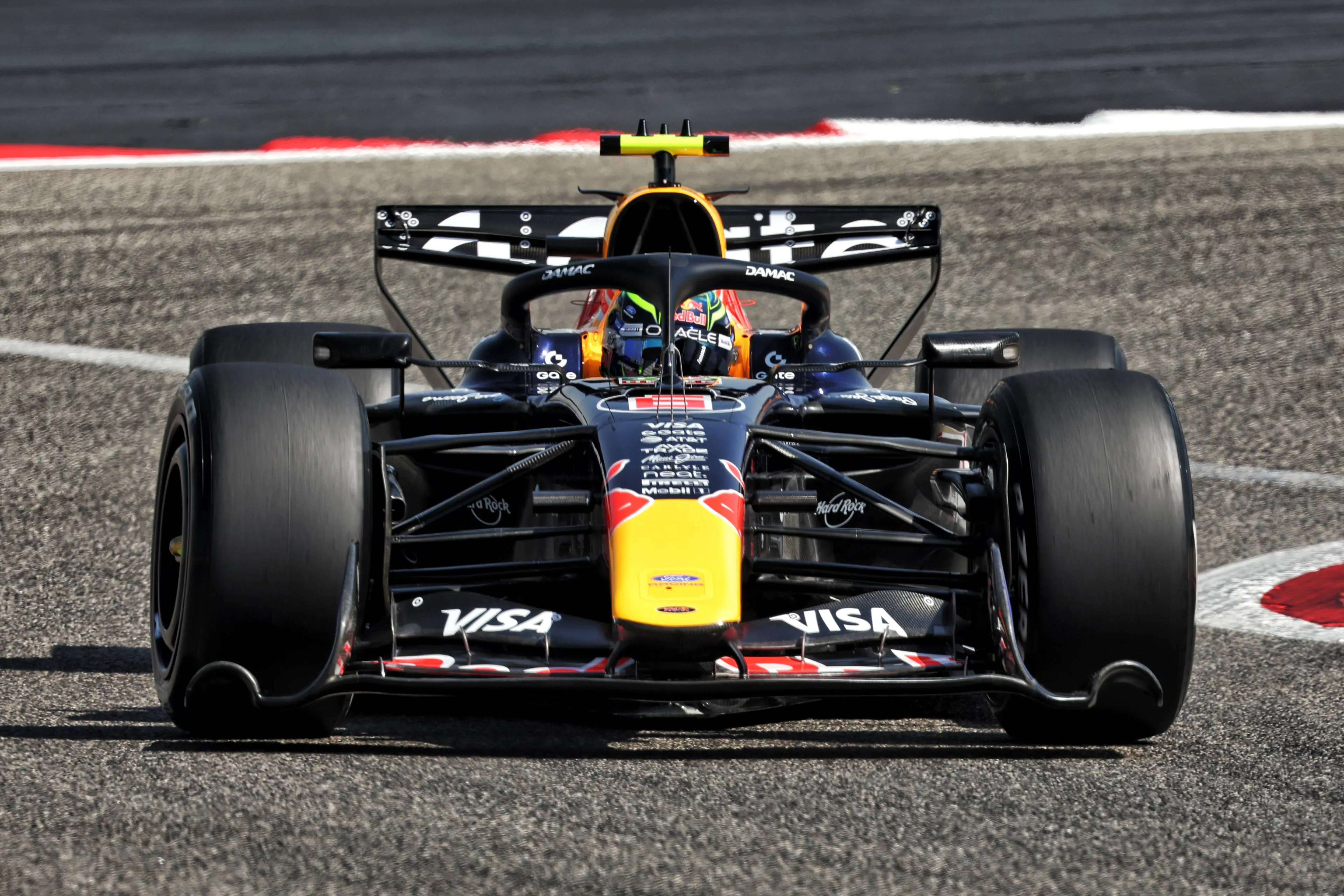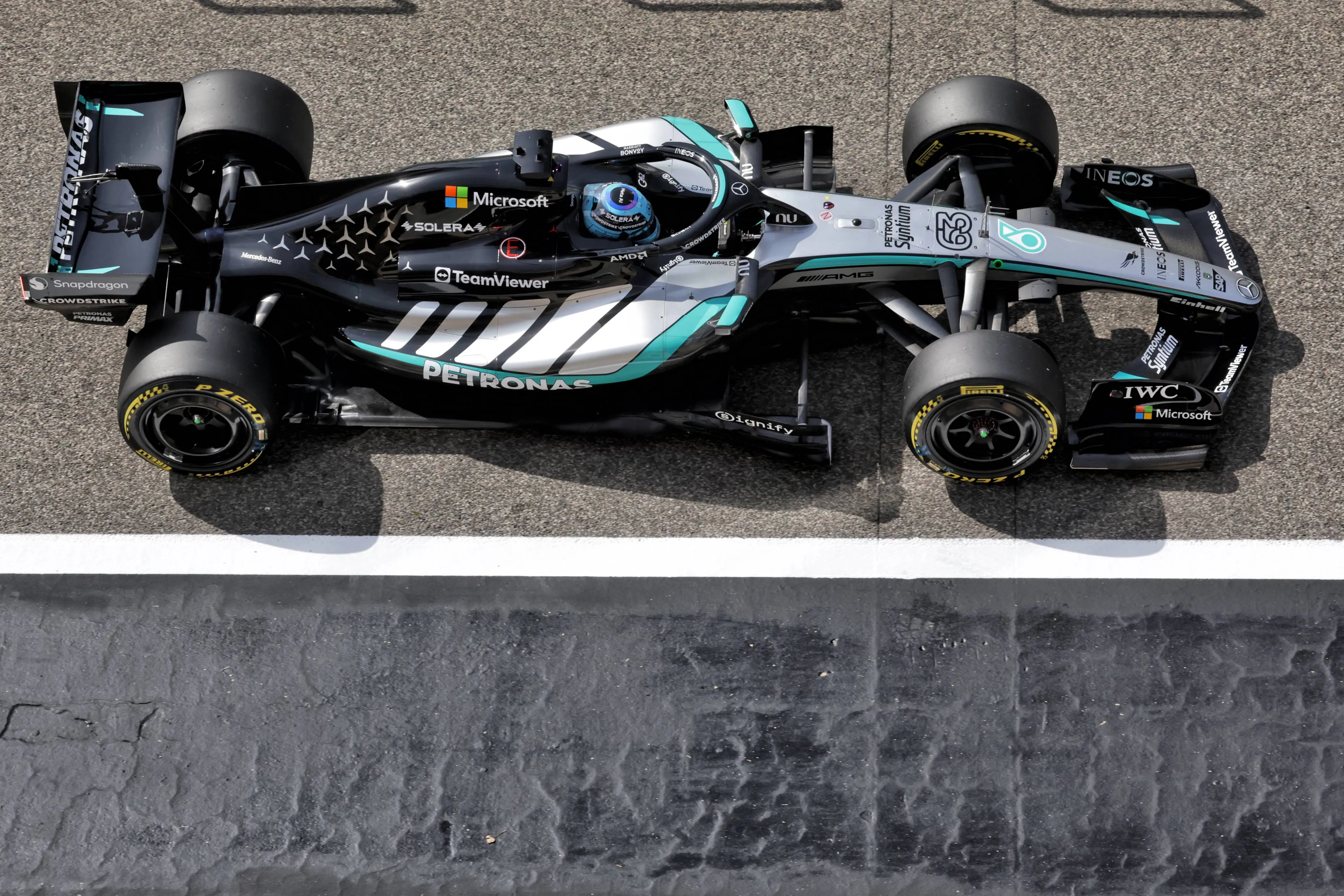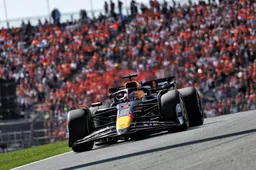Russell's 'illegal Ferrari' claim gets put in the bin as 'dramatic'
14:41, 23 Aug 2025
0 Comments
George Russell’s suspicions about Ferrari’s performance at the Hungarian Grand Prix have been firmly dismissed by former Jordan technical director Gary Anderson, who described the claims as “wacky and far-fetched.”
Russell had hinted that Ferrari may have manipulated tyre pressures or car settings to manage plank wear, potentially skirting the rules in the process.
But writing in his column for The Telegraph, Anderson argued that there are far more logical and efficient methods for any team to protect its floor legality without sacrificing so much performance.
“What Russell suggested is a bit wacky and far-fetched in my opinion,” Anderson wrote.
Less dramatic solutions to plank wear in F1?
“A team would not reduce performance in this way just to stop plank wear. There are numerous other, better and less dramatic solutions.” Among them, he highlighted basic setup adjustments.
“Firstly, you would change the setup of the car, running the rear of the car stiffer or raising the ride height slightly to reduce plank wear.
"Yes, there will be a performance loss but not to the extent we saw after his last stop.”
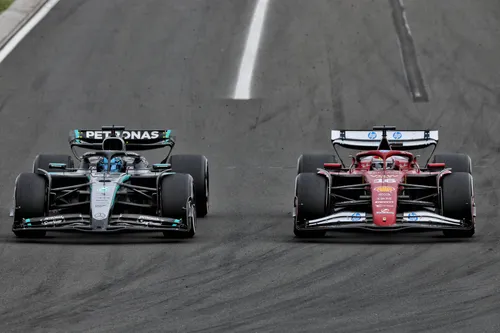
George Russell and Charles Leclerc in Hungary
'Ferrari's decisions are strange, but never crazy'
As for tyre pressures, Anderson was equally dismissive.
“If you put the rear tyre pressures up you are guaranteed to lose performance from the rear tyres overheating.
"Doing this on a track where traction is absolutely critical is crazy.”
While Ferrari have been criticised for questionable strategy calls in the past, Anderson stressed that he did not believe Russell’s theory held water.
“As we have seen in the past, Ferrari make some strange decisions but I do not for one second think that Russell is on to anything here.”
'If Ferrari doesn't tell, we'll never know'
Instead, Anderson suggested a mechanical issue was the more likely culprit, especially given Charles Leclerc’s post-race claim of an unspecified chassis problem.
“Something can break or stop working correctly on a car, yes, but that happens once in a blue moon.
"It’s impossible to know what this was without further information from Ferrari.”
For now, Ferrari’s sudden drop in pace remains unexplained – but according to Anderson, conspiracy theories are the least convincing answer.
Read also
Read more about:
Popular on GPBlog

1
Antonelli's girlfriend reveals truth about breakup rumours on social media
2413 times read

2
Verstappen's private jet questioned by fellow driver: 'It doesn't make sense'
1997 times read

3
Lewis Hamilton’s mentality singled out in hunt for eighth world title
846 times read
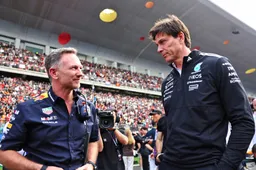
4
Tense Horner moment sparks priceless reaction from Brown and Wolff
638 times read
Loading



